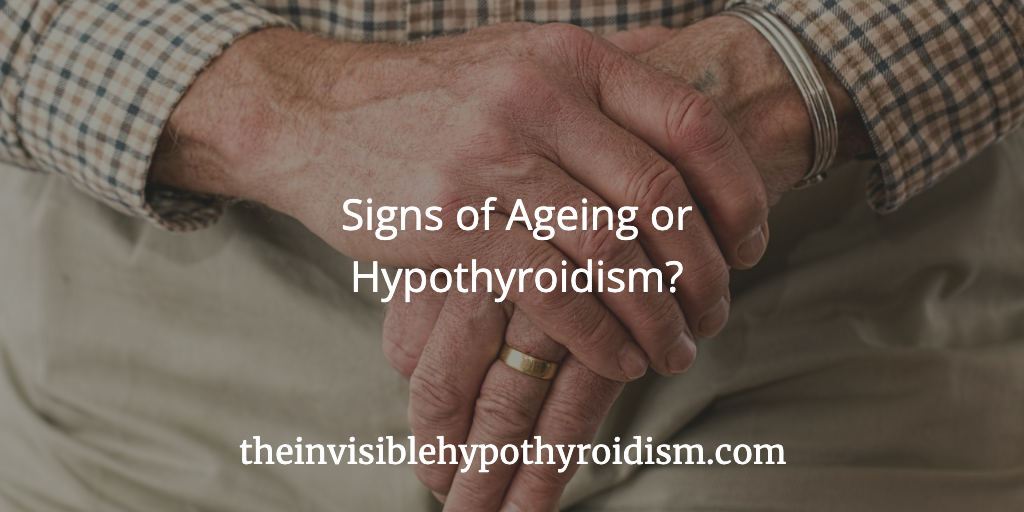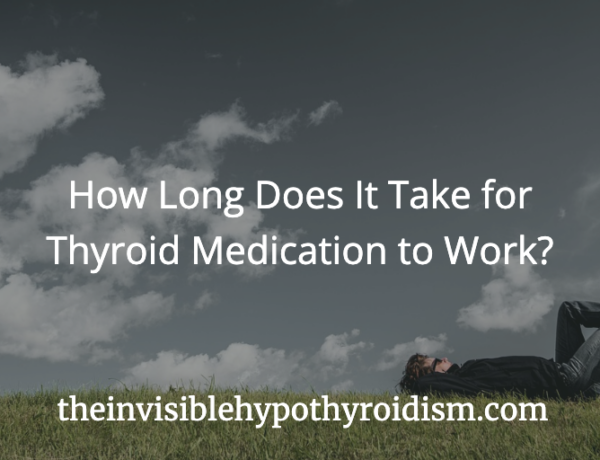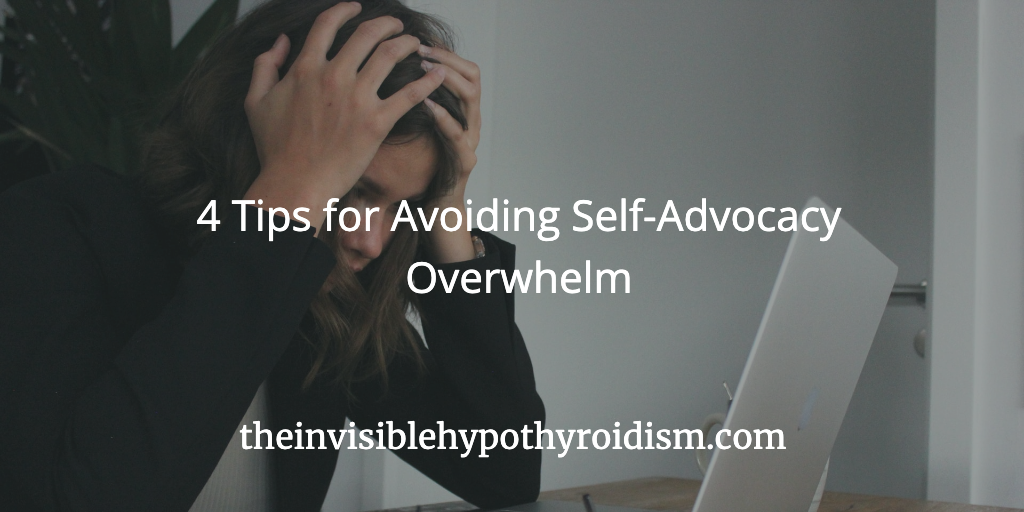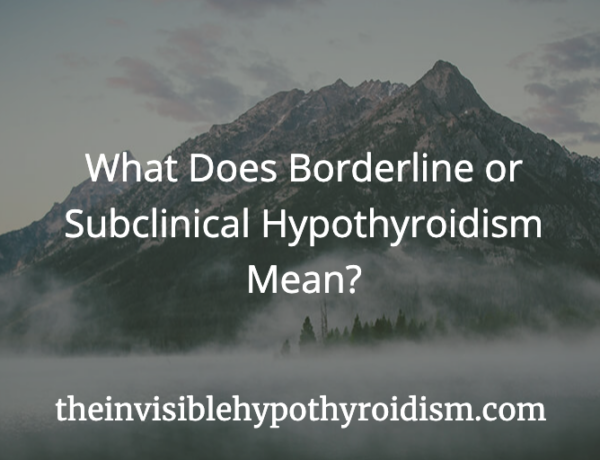Many symptoms of hypothyroidism mimic the process of getting older. So could older members of our population be going undiagnosed with hypothyroidism due to signs and symptoms being put down to their age?
Thyroid function is required for every cell and function in the body. It is needed for cognitive function, good heart health, energy levels, regulating weight, cholesterol and even skin health. So when thyroid hormone is abnormal, such as being too low (as is the case with hypothyroidism) a lot of issues and symptoms can arise.
Here are some signs you should keep an eye out for in older members of the population that you may know, care for or work with.

Cognitive Health
Forgetfulness, confusion, brain fog, mood swings and more can all be signs of low thyroid hormone. Brain fog is especially common with hypothyroidism and is often described as feelings of mental confusion or lack of mental clarity. The phrase comes from the feeling of a fog that reduces your ability to think clearly. It can feel like a mental block. It can cause a person to become forgetful, detached and discouraged and even depressed as a knock on effect.
Related Article: Thyroid Patients Describe How Thyroid Brain Fog Feels To Them
Being slow in movement, speech and thoughts can also be a sign of hypothyroidism, as can changes to mood and mental health. Depression and anxiety often go hand in hand with a thyroid condition.
Not to be mistaken with dementia and Alzheimer’s which are conditions in their own right and common among older people, however, it would be useful to rule out a thyroid condition if these symptoms present themselves in someone you know.
Energy Levels
Tiredness, fatigue, napping more often and poor stamina are also among the most common signs of hypothyroidism. It makes sense that as our bodies age, we may feel more tired and less able to do as much physically as we used to, but if it’s more than usually seen with ageing, thyroid function should be checked.
Muscle and Joint pain
Many people with hypothyroidism complain of muscle and joint pain, however, so do many older people. As well as ruling out vitamin deficiencies such as B12, Vitamin D, iron and ferritin for example, it would be useful to check thyroid levels.
Muscle and joint pain caused by hypothyroidism is known as hypothyroid myopathy, and can occur all over the body, though most commonly in the legs, feet, arms, hands and back and can range from mild to severe. It also includes cramping, stiffness and weakness, but hypothyroid myopathy can also lead to carpal tunnel syndrome or frozen shoulder. Some thyroid patients may have been diagnosed with fibromyalgia, a separate condition that causes pain all over the body or at specific points, when they are actually experiencing hypothyroid myopathy.
Weight gain and loss
As the thyroid gland’s main job is to regulate the metabolism, when there is less than ideal thyroid hormone, the metabolism can slow down, leading to a loss of appetite and thus, weight gain or loss.
Heart Health
Hypothyroidism is linked to cholesterol levels. An underactive thyroid or hypothyroidism can cause cholesterol to increase.
Both high and low blood pressure can also result from hypothyroidism. People are often able to avoid taking additional medications for these conditions by treating the cause – their hypothyroidism if applicable.
Skin, Hair and Nail Health
Without adequate levels of thyroid hormone, skin can become dry and flaky, nails brittle and poor quality and hair can shed and dry out.
Cold Sensitivity
Cold intolerance is defined as feeling very sensitive to cold temperatures and it is more severe than the normal feeling most people get when they are feeling cold. If someone has it, they likely feel too cold when everyone else feels ‘just right’ or even too warm
As the main purpose of thyroid hormones, produced by the thyroid gland, is to ensure the metabolism is running properly, people with an underactive thyroid or hypothyroidism (and often not optimally treated) may have symptoms associated with a slow metabolism, such as cold intolerance, due to lack of energy for body heat being produced.
Constipation
With the slowing down of many bodily processes and functions due to hypothyroidism, bowel movements can also be included. Constipation is another common symptom of hypothyroidism.
Conclusion
Past jobs of mine have included caring for elderly residents of care homes, so I know that many of these symptoms of hypothyroidism are seen in older members of the population, yet they don’t have a thyroid condition.
Although they can indeed be a normal part of ageing, if you know an older person who presents some of these and especially to the extreme (i.e. they may sleep most of the day away or always feel too cold), it is definitely worth having their thyroid levels checked as thyroid hormone replacement medication could really improve their quality of life.
A full thyroid panel is required to rule out a thyroid condition, so please note that TSH alone isn’t enough (despite many doctors only running a TSH check). Free T3 and Free T4 should also be checked as a minimum, with thyroid antibodies (Tpoab and Tgab) also forming the thyroid panel.




